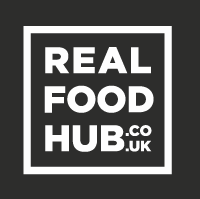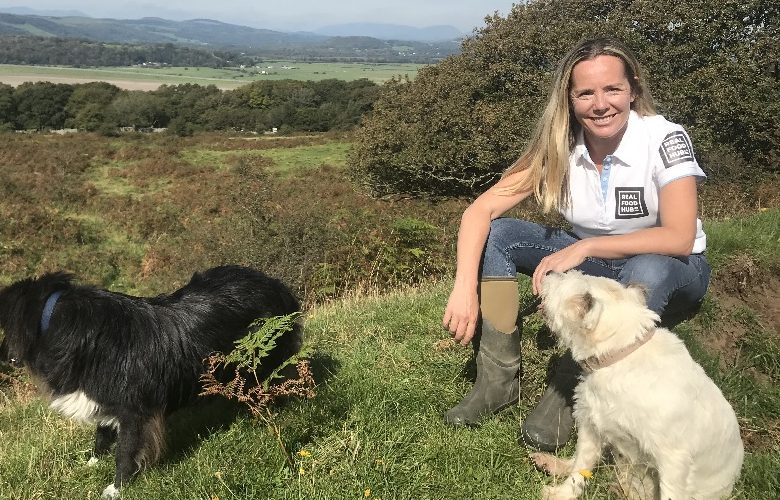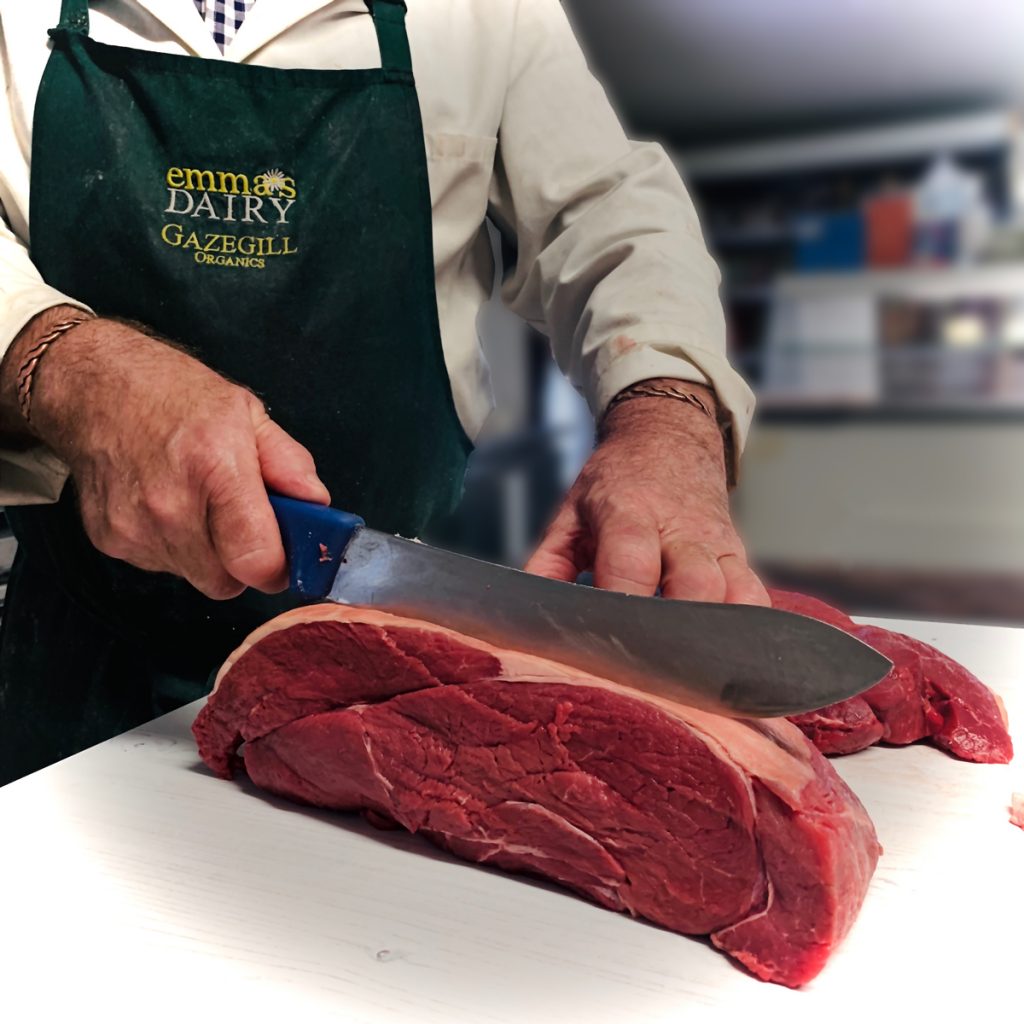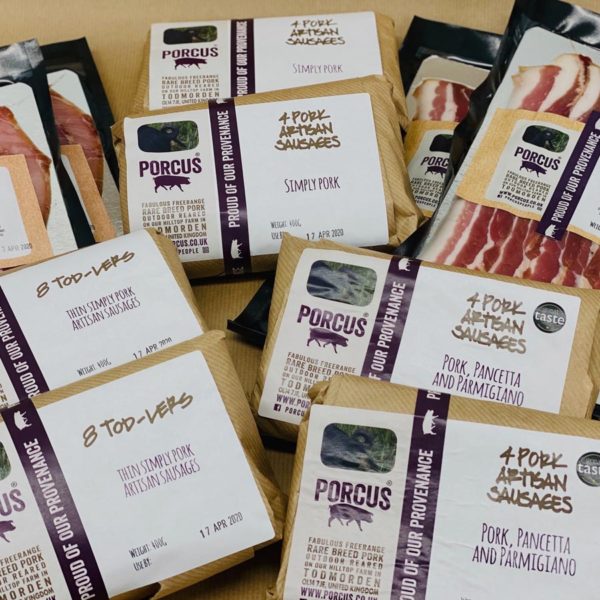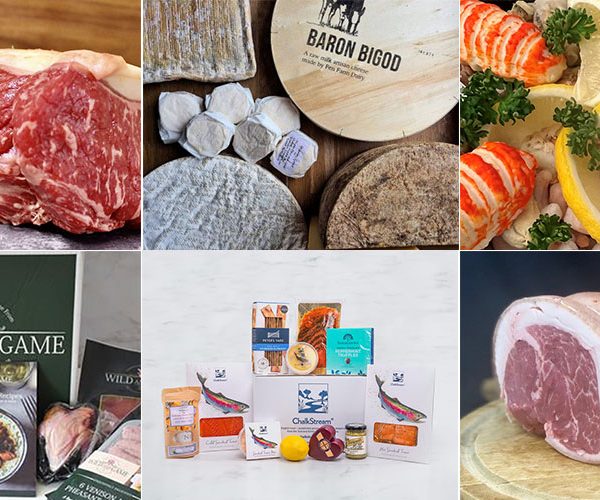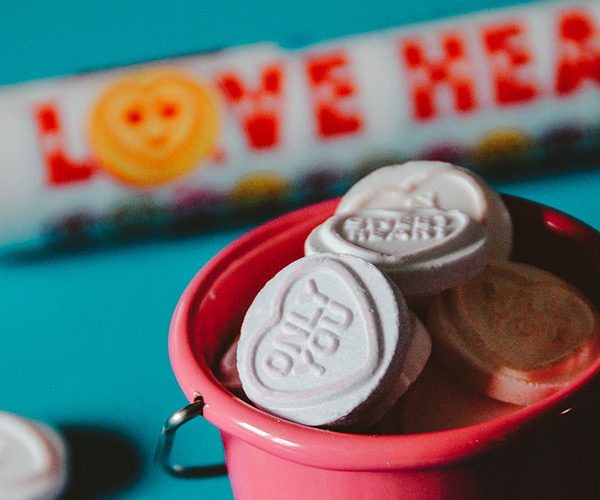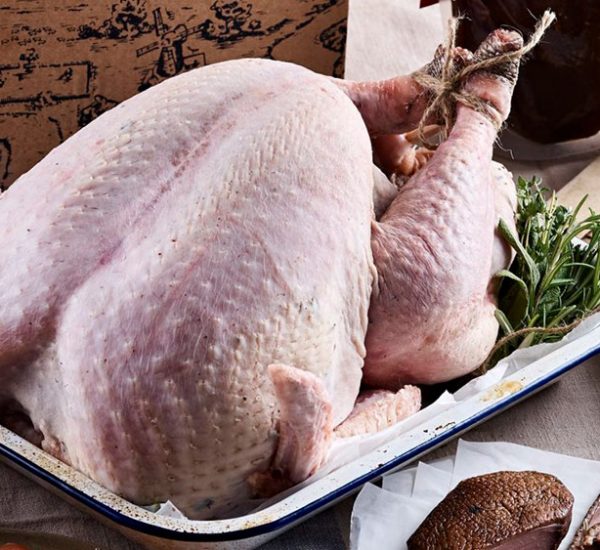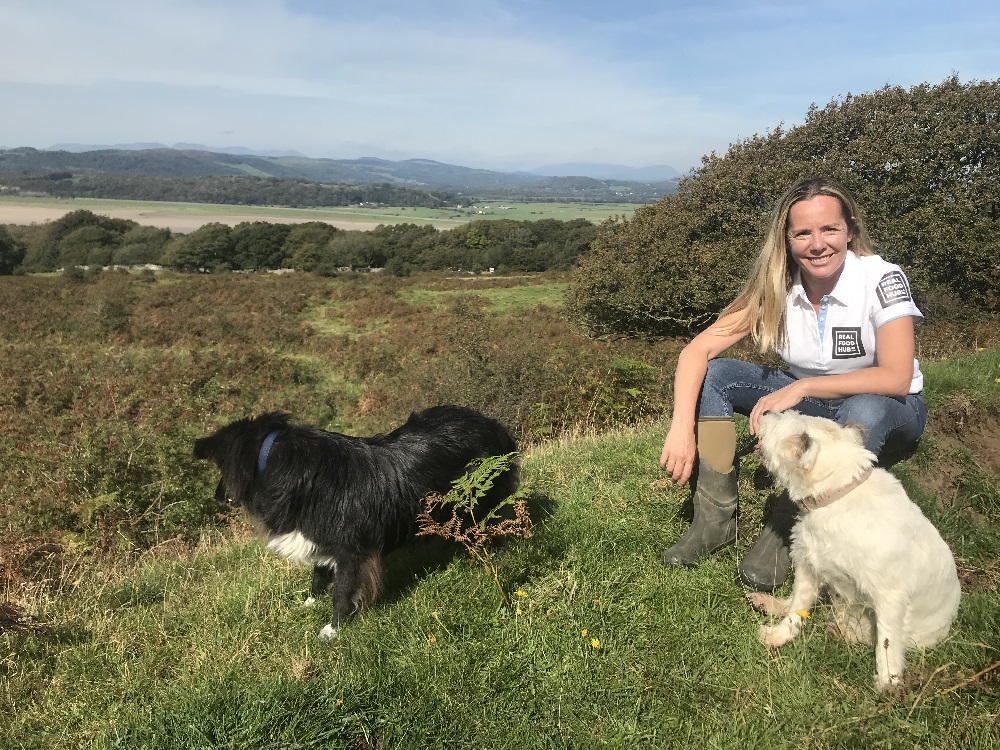
I launched Real Food Hub in May, at a pivotal time for our food supplies, when more people were looking to shift away from supermarkets, which have revolutionised how we buy food, and what we eat. Supermarkets have given us a greater breadth of food choices, yet in the process we are in danger of losing something greater in terms of our food culture.
It has long been my belief that food production on a small scale is more sustainable, the food generally has more taste, and is often more nutritious than the products of large-scale industrial agriculture. The traditional sustainable methods of production give back to nature, rather than take from it.
Why Launch Real Food Hub?
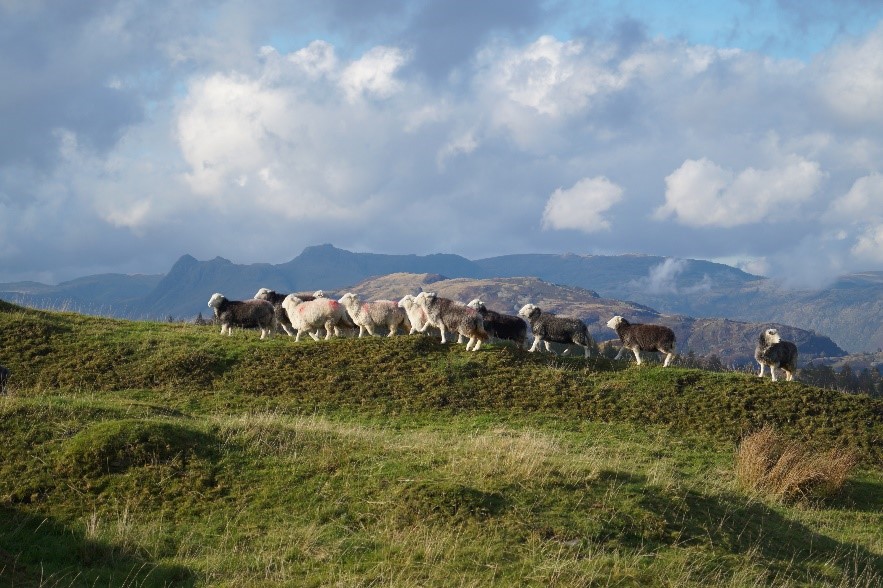
Now more than ever people are asking how and where their food is produced, as concerns over their health and that of the planet grow.
Supermarkets are good at supplying mass-produced food to a public which thinks it is short of time. But in the process the link between the farmer and the consumer has been cut, and our traditional food culture has almost disappeared. I wanted to offer an alternative, an ‘online farmers market’ where customers can shop every day of the week directly from the people producing the food.
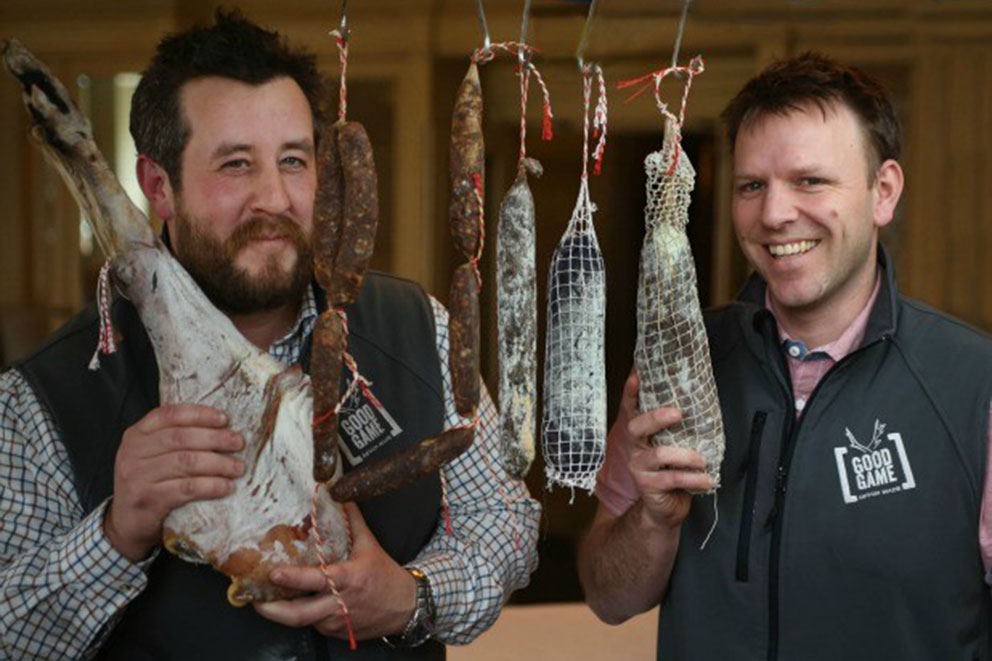
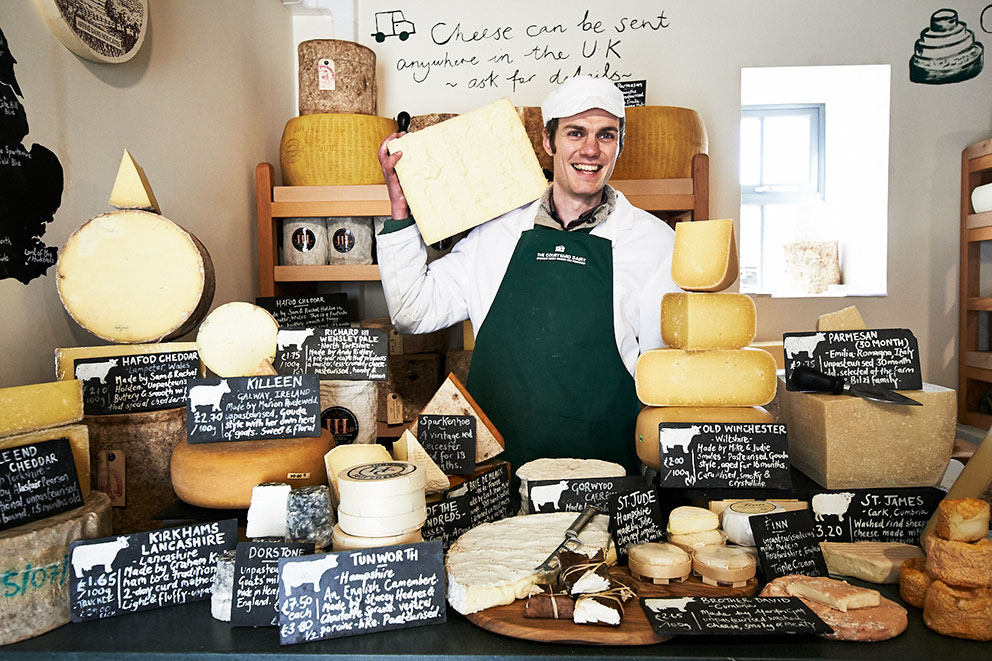
At Real Food Hub customers buy directly from farmers, fishmongers, cheesemakers, brewers, distillers, grocers and chocolatiers, for delivery to their door. Our customers tell us that’s great, because they can come to one marketplace, instead of searching through a mass of different websites.
Whilst the recent surge in demand due to the pandemic, may have given me the courage to launch Real Food Hub, it has not come out of the blue. From 2007 to 2011, I was procurement manager for a farmers’ marketing group, established by Bob Kennard, supplying organic cattle and lambs to supermarkets. I asked Bob recently to write a blog for Real Food Hub about why it is important to have alternatives to supermarkets.
Where Did All the Small Shops Go?
Bob’s article here, begins with the devastating decline of traditional independent and specialist food retailers.
Butchers shops – In 1950, there were 43,000, but by 2019 it was nearer 6,000
Fishmongers – In 1951, around 10,000, and today around 950
Greengrocers – In 1950, around 43,000, by 2018 around 2,500
I find this really interesting because my Mum grew up above her Father’s butchers shop on Regent Road in Salford. Now in her 70’s, she has lived through this transformation in how we buy food. Sadly, I never saw my grandad’s butchers shop because by the time I was born in the 1970’s a dual carriageway and a Sainsburys stood in its place.
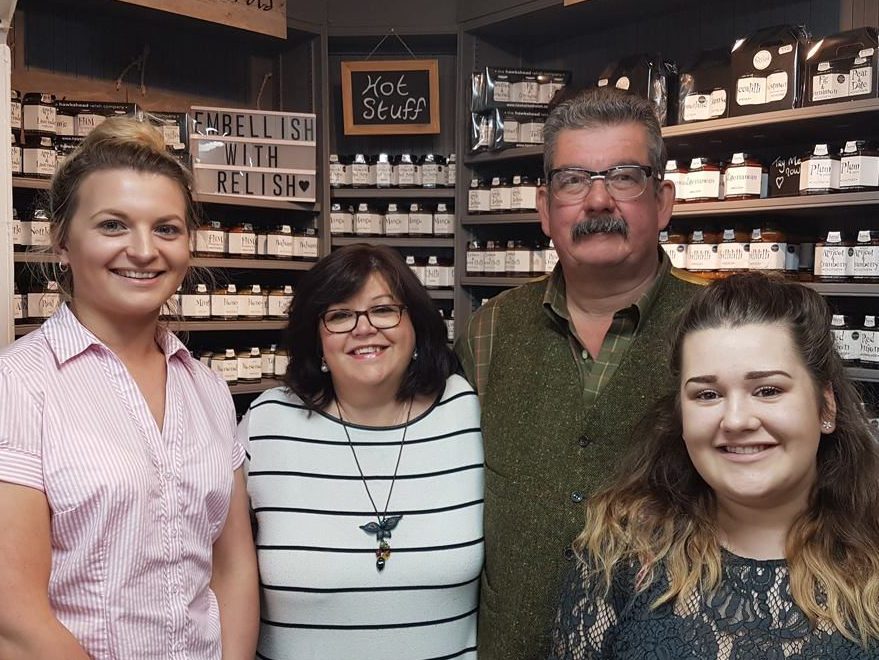
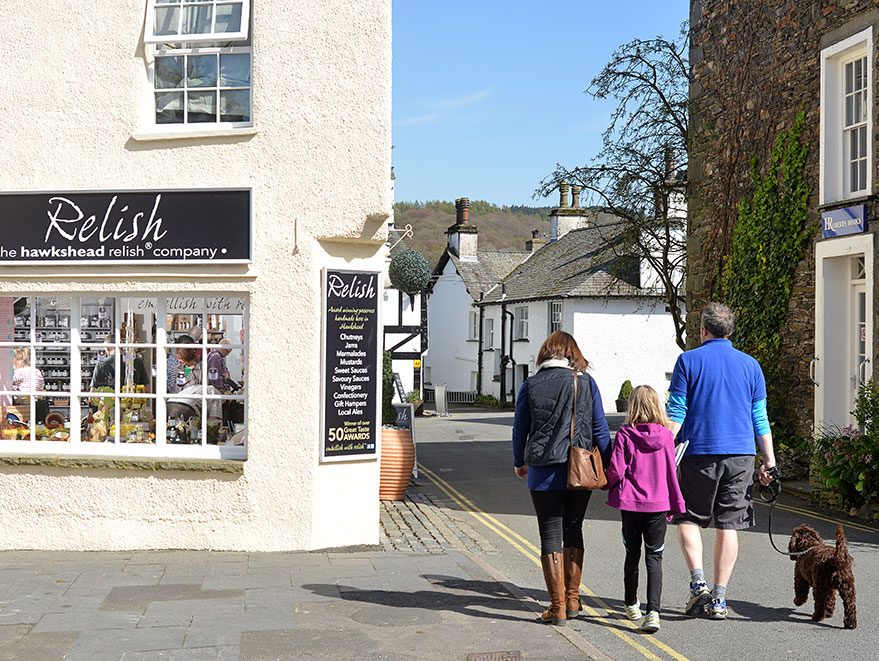
People Want Real Choices
Customers say they buy from Real Food Hub for a range of reasons. Some want to support a sustainable food system and others want to improve their health. Many want to know where their food comes from and the story behind it. There are people who have even bought a large freezer so that they can buy half a lamb or half a pig directly from farmers.
Supermarkets are important in supplying us with food, but there are fundamental problems, and it is important that we keep alive the alternatives ways of buying food.
This is what Real Food Hub offers, and there are important and tangible benefits of buying direct from producers, such as choice, quality and the great eating experience. You will also have the warm glow of knowing that you are directly helping to sustain rural communities, our traditional landscapes, and our priceless heritage of British Food.
Thank You For Your Support
Many of our small scale producers have lost a lot of restaurant trade this year, and is not clear when this will return to normal.
We continue to play our role in supporting them with every order that we send them on Real Food Hub.
They are grateful for your additional orders, so Thank You for doing your bit, and directly helping to sustain small scale farmers, growers, fishers and makers and along with it, our British Food Heritage.
I hope that you stay safe and have an enjoyable Christmas despite the likelihood of it being different this year. My next update in the new year, looks at how the concentration of farm production to a small range of varieties, threatens the priceless genepool of our native breeds and crops.
All the best, Jenny
